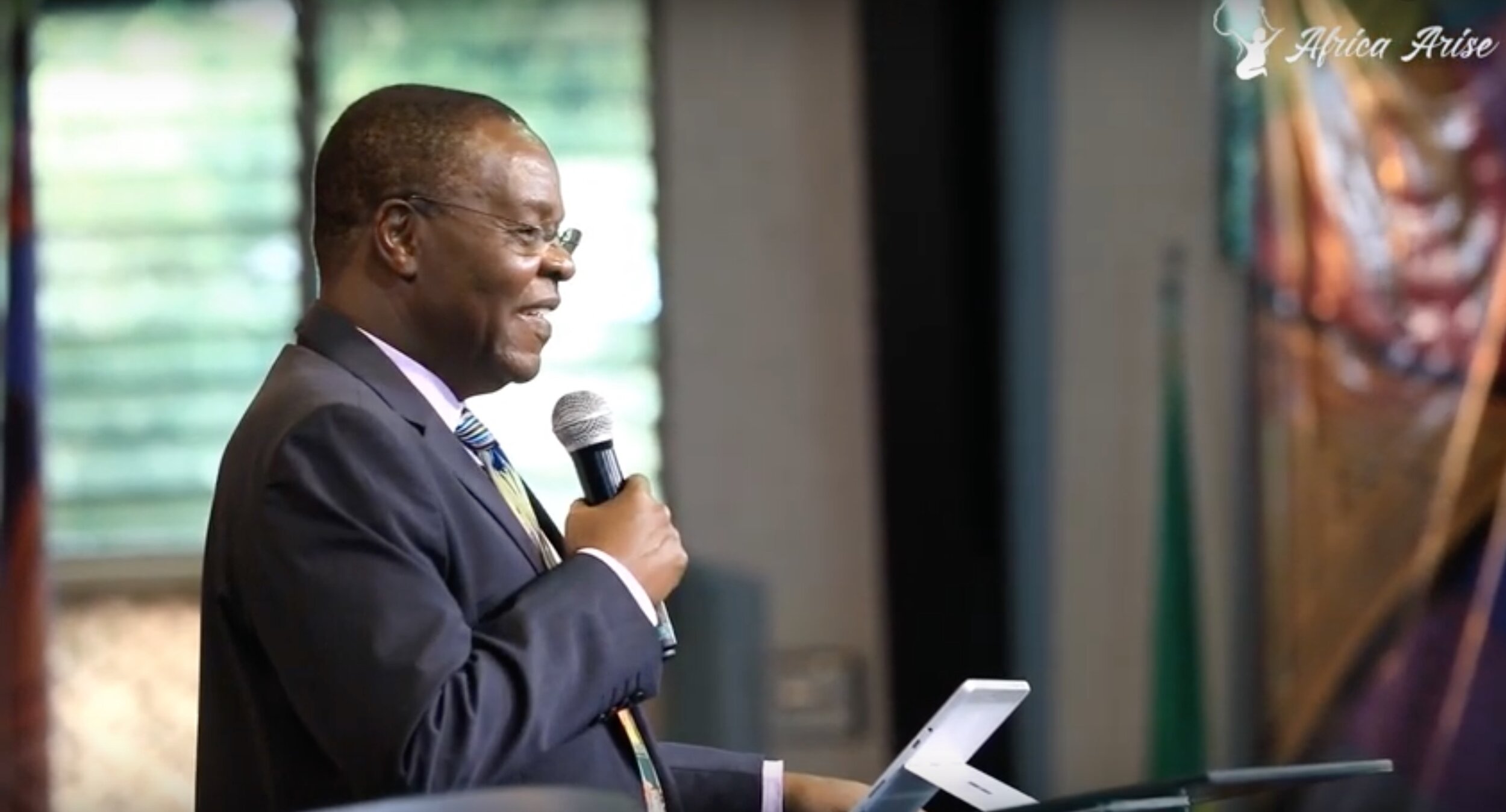by Bishop David Oginde
Gen.11:1-4
There is no clear definition of globalization, but suffice to say it involves the exchange of ideas and products among borders. It brings people and nations together.
Globalization is nothing new. We have the first model in Genesis 11 with the story of the tower of Babel. It teaches of the role of language in globalization. There can be no work if we can’t speak the same language.
In addition to this, our text says they had one language and common speech. They are not the same thing. It takes more than language to make a people one. Common speech requires a common vision/ purpose etc.
Our text also shows that freedom of movement is important for globalization. It says that the people moved east and settled there at a place called Shinar. From there they built a city for themselves. They wanted to make a name for themselves. They wanted glory, and they wanted a place where they would not be scattered.
They used the innovation of bricks and tar to build a tower. But when God came down and saw what they were doing He intervened. He stopped the building by changing the language. They went from one language to many.
Today there is also a push for freedom of space to build a city, so we can have one language and one speech. There is a pressure to speak “a certain language.”
Our Shinar is cyberspace. Like in ancient times, the world is becoming more and more materialistic, agnostic and individualistic. In cyberspace we have built a tower of Babel to ourselves. But God employs a different strategy in this age from the one used in Genesis 11.
The God who confused the language in Genesis, united the language in the book of Acts. Jesus said, “You will receive power when the Holy Spirit comes upon you, and you will go from Jerusalem to the ends of the world.” This is globalization.
From Babel to Pentecost we have a transition from many languages to one speech; from a man- centered project to God worshiping project. From a scattering to a sending.
Our challenge is that we must learn to use the language and speech of the globe. We must get into our Shinar, which today is represented by the ideological and technological space. We need to “move east.” The church cannot be effective outside of Shinar. We must go there and contend for our message of hope in that space.
